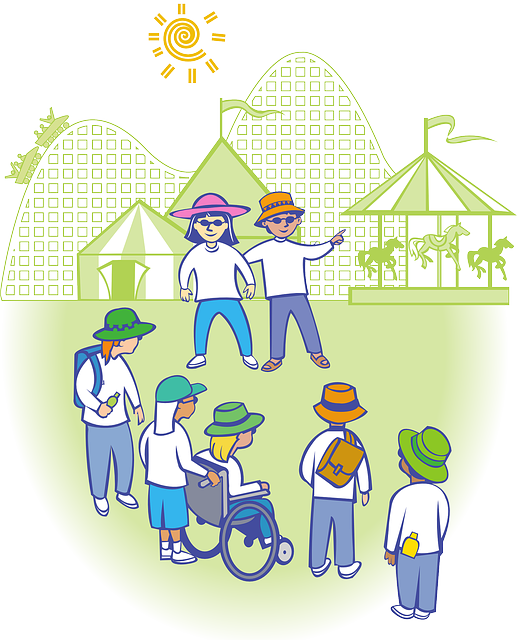Before we delve into GPT’s role, let’s briefly understand what web accessibility means. Web accessibility is about ensuring that websites, applications, and digital content can be used by people with disabilities, including those with visual, auditory, cognitive, and motor impairments. It’s about breaking down barriers and creating an inclusive online environment.
Despite the progress made, many websites and digital platforms still fall short in terms of accessibility. This exclusion can limit opportunities for individuals with disabilities to access information, education, employment, and more. It’s a challenge we must address collectively.
Generative Pre-trained Transformer, is an advanced language model by OpenAI. Its capabilities go beyond just generating human-like text; it can also play a significant role in enhancing web accessibility. GPT has the potential to assist in various ways, ranging from generating alt text for images to improving content readability.
GPT’s Contributions to Web Accessibility can easily be applied in these fields:
Automatic Alt Text Generation: For individuals who are visually impaired, images on websites often require alternative text (alt text) to describe their content. GPT can help by automatically generating accurate alt text, making images more understandable to screen readers.
Content Summarization: GPT can be employed to create concise and coherent summaries of lengthy articles, making it easier for people with cognitive disabilities to grasp the main points without struggling through excessive content.
Language Simplification: Websites often use complex language that might be difficult for some users to understand. GPT can assist in simplifying content while retaining its meaning, benefiting individuals with lower literacy levels or cognitive impairments.
Real-time Transcriptions: During live events, GPT-powered transcription services can provide real-time captions, making videos and webinars accessible to individuals with hearing impairments.
While GPT’s potential for enhancing web accessibility is promising, there are ethical considerations to keep in mind. Bias in AI-generated content and ensuring data privacy are critical aspects that need careful handling.
The journey toward a more accessible web involves collaboration among developers, designers, content creators, and AI technologists. By combining our efforts, we can leverage technologies like GPT to create a more accessible digital space.
Looking ahead, GPT’s capabilities will likely continue to evolve, providing even more advanced tools for improving web accessibility. GPT and Developers together are enhancing web accessibility is both innovative and impactful way. By harnessing the power of this advanced language model, we can pave the way for a more inclusive online world.

Leave a Reply